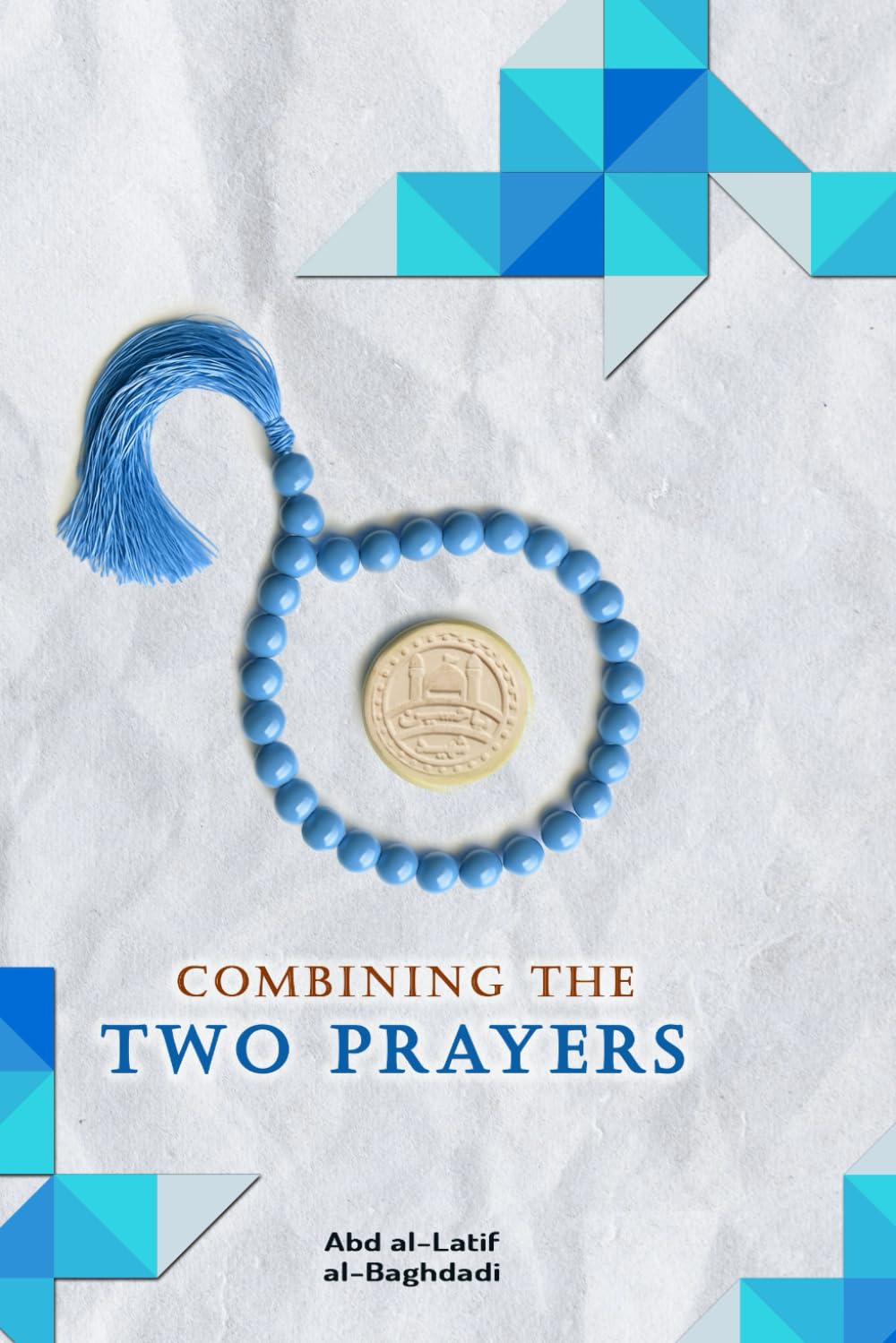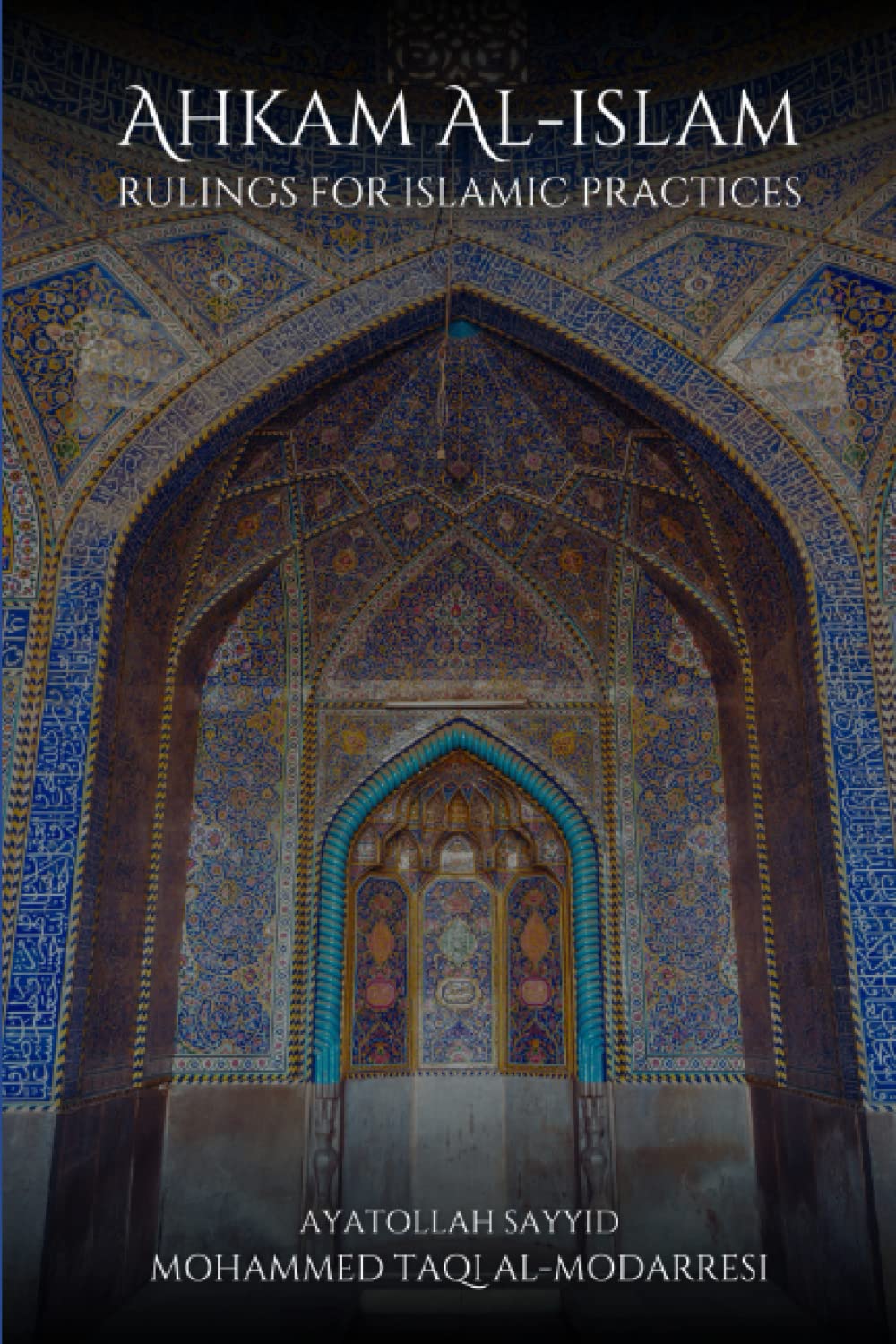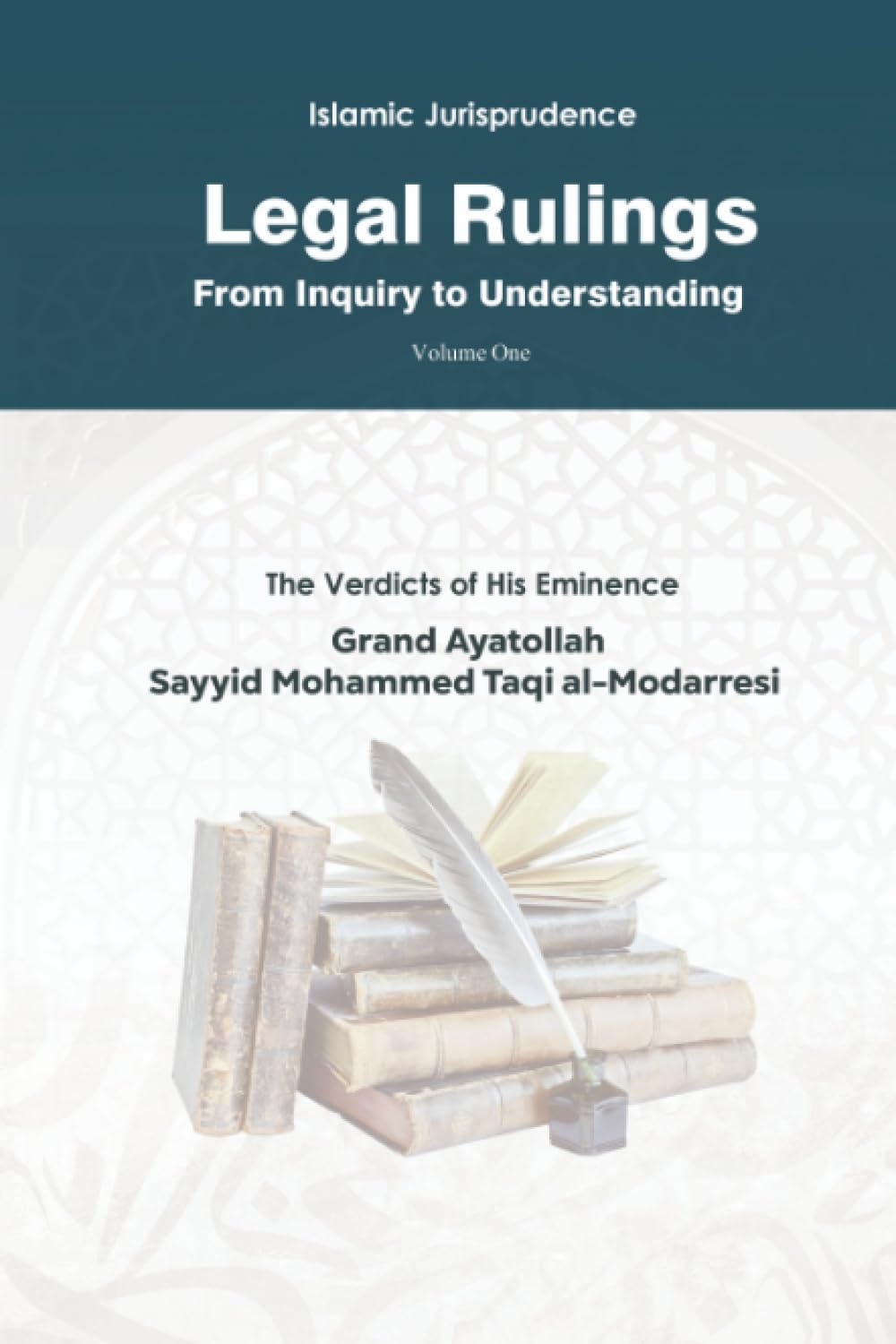Description
The Rights of Prisoners according to Islamic Teachings presents a profound exploration of Islam’s holistic and balanced approach to justice, punishment, and the rights of prisoners. Rooted in divine guidance that addresses both worldly life and the hereafter, this book offers a powerful examination of the Islamic perspective on imprisonment—framed not merely as punitive, but as a last-resort measure within a comprehensive moral and legal system.
The author, a foremost authority on contemporary Islamic thought, sheds light on how Islam recognizes the deep social and psychological harm that imprisonment can inflict—not only on the individual but on the entire community. In doing so, the book underscores Islam’s emphasis on rehabilitation, justice, and mercy over retribution.
Through a careful review of Islamic legal texts, the book outlines the strict and nearly impossible criteria that must be met before any prescribed punishment—such as amputation for theft—may be carried out. More than forty conditions are identified, including the presence of a fully functioning Islamic system of governance encompassing all spheres of life—legal, political, economic, and social. In the absence of such a system, the author argues that Islamic law itself prohibits the execution of such punishments, advocating instead for alternative measures more suited to the contemporary context.
The first chapter delves into the very nature of freedom, contrasting it with the often destructive consequences of incarceration. This foundational discussion sets the tone for a humane, spiritually informed understanding of justice that speaks to both the individual and society.
Ideal for scholars, students of Islamic law, and anyone interested in justice reform, this book offers an essential framework for understanding the ethics of punishment in Islam.












Your review is awaiting approval
https://t.me/rating_online/5
Your review is awaiting approval
https://t.me/s/Official_1xbet_1xbet
Your review is awaiting approval
https://t.me/s/Online_1_xbet/2350
Your review is awaiting approval
https://t.me/s/Online_1_xbet/134
Your review is awaiting approval
oikwz5
Your review is awaiting approval
8kef54
Your review is awaiting approval
7xlfqs
Your review is awaiting approval
m20uty
Your review is awaiting approval
s7dum7
Your review is awaiting approval
6rpk1a
Your review is awaiting approval
mteufq
Your review is awaiting approval
zlyfds
Your review is awaiting approval
k18jns
Your review is awaiting approval
v1po6a
Your review is awaiting approval
qljlup
Your review is awaiting approval
o0qj8h
Your review is awaiting approval
tu8rl6
Your review is awaiting approval
owzp5d
Your review is awaiting approval
a1n8ap
Your review is awaiting approval
z7g6os
Your review is awaiting approval
jxkvah
Your review is awaiting approval
v4izmb
Your review is awaiting approval
rt7zj4
Your review is awaiting approval
39k5fj
Your review is awaiting approval
etp9bn